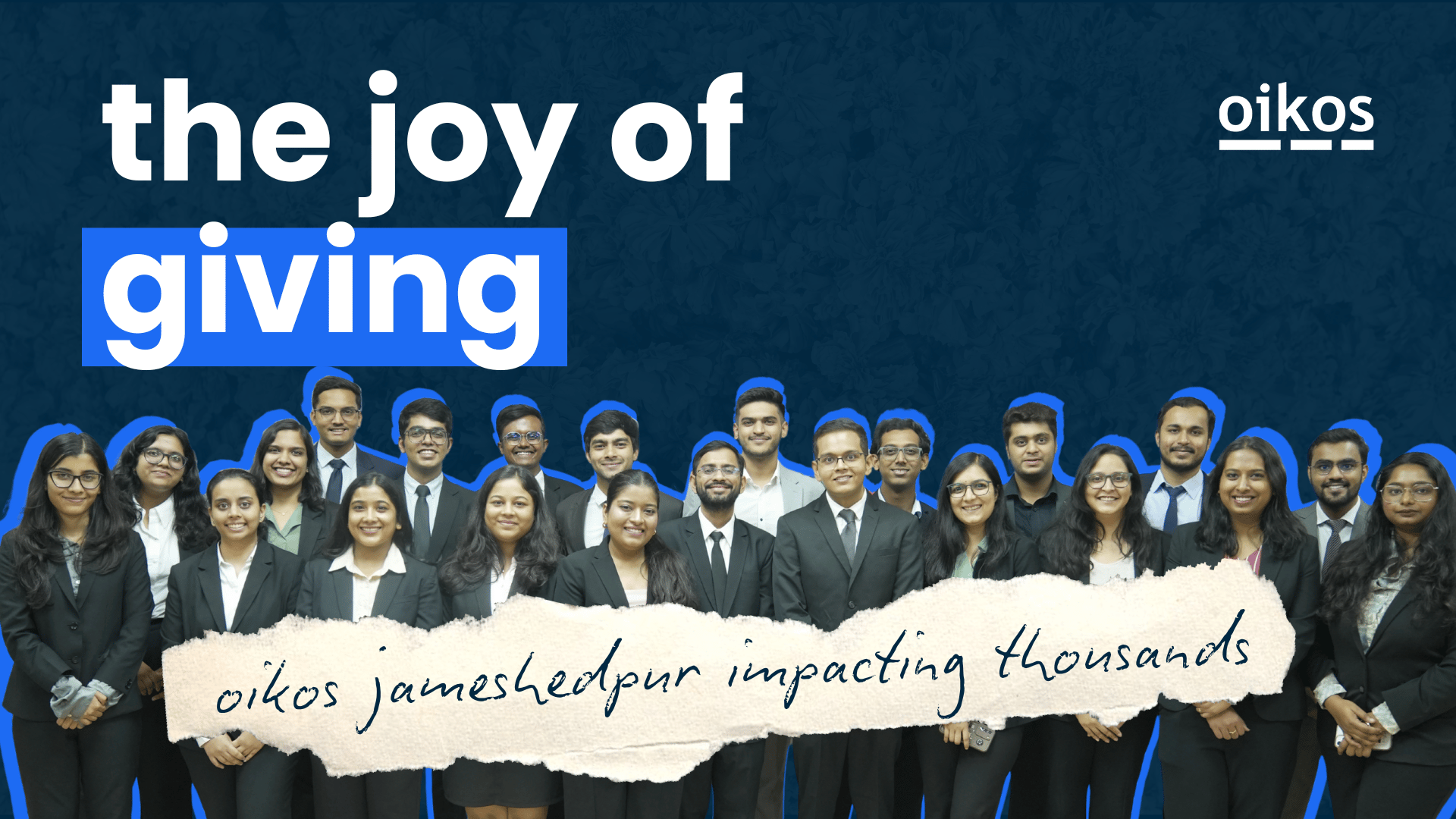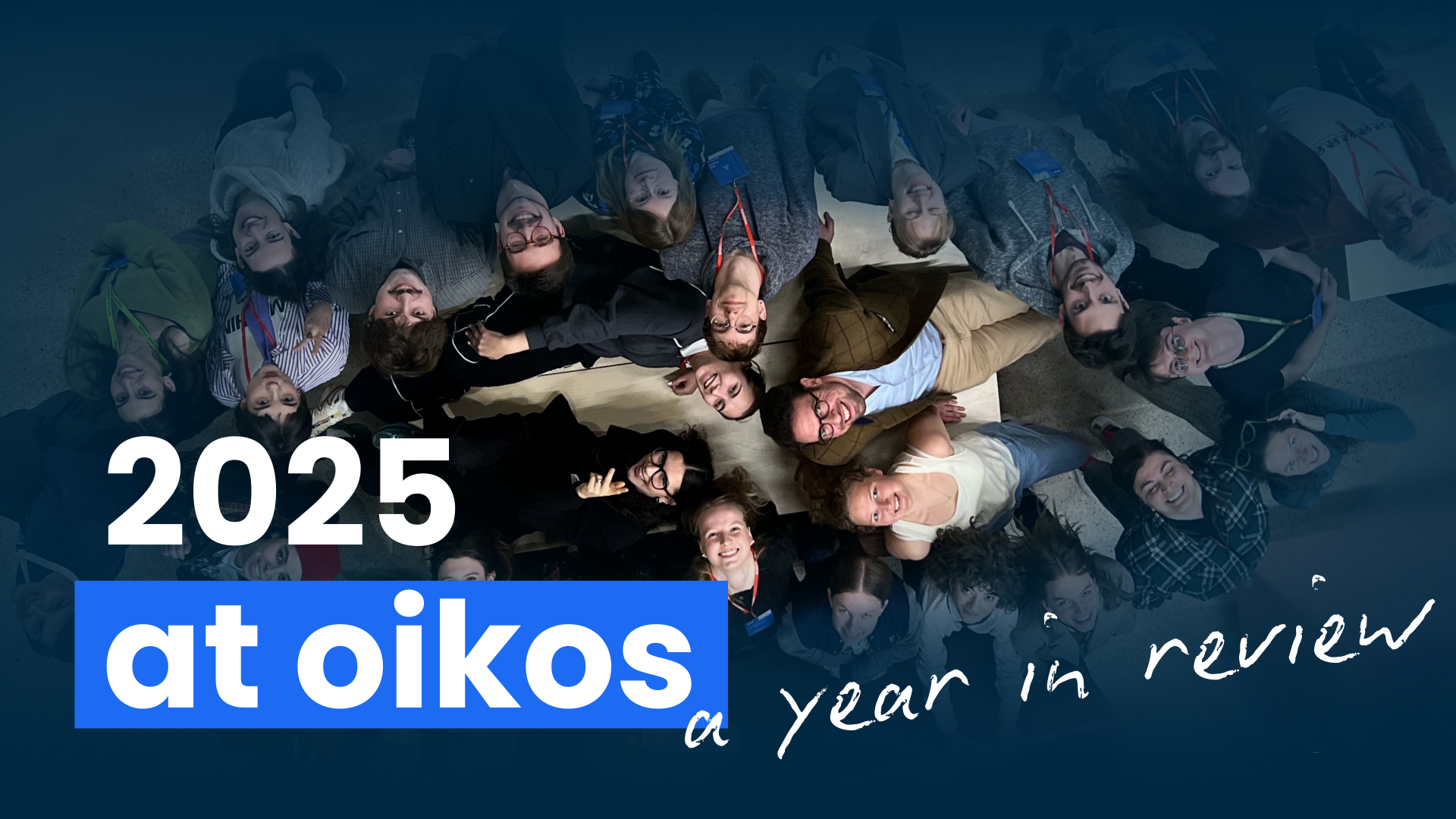
Without any need for introduction, people knew who these men were. They were well-dressed, well-connected and accomplished, and they had far more than a few billion dollars behind them, an amount representing the resources of some of the world’s largest financial institutions.
When these big banks decided to become involved in impact investing, they brought recognition, credibility and scale to an industry that had previously been niche.
“These smaller actors were pioneers, but we as bigger actors can be very complementary because we can bring a larger scale,” says Emmanuel de Lutzel, vice president of social business at BNP Paribas. “When I talk to customers, they say, ‘Oh, that’s very good that BNP Paribas is willing to enter this market because we want to work with a large financial institution.’”
However, just because the big banks hold name cachet doesn’t mean they were seen as welcome additions to the market. While some applauded them for making a commitment to impact investing and incorporating environmental, social and governance practices (or ESG), others feared that these large institutions would confuse investors and dilute the high-impact work already being done.
Many big banks have focused on low-income housing or other large projects. But as Piero Grandi, CEO of Grandi & Partners SA, points out, the most complex problem is in funding socially minded startups. “How do you get these startups off the ground?” he asks. “That’s where the role of these large institutions is not clear.”
The banks have made great headway in establishing socially responsible practices, but smaller investors worry that they’re detracting focus from their own funds, which pursue more “high-impact” investments. Although many investors in small impact funds came from careers in top financial institutions, much of this distrust stems from the role that big banks played in the 2008 global financial crisis. “The question is, Given the recent banking crisis, do you trust all banks?” says Arthur Wood of Total Impact Advisors.
Most large financial institutions entered the impact-investment markets for two primary reasons: to claim market share in this emerging field and to meet the demands of investors. And today’s investors, according to these banks, are looking for ESG investments. “Our principal job in life is to provide our clients with financial services,” says Michael Eckhart, global head of environmental finance and sustainability at Citigroup. “It’s all about ideas and projects and money, but somehow the sponsor companies never come up. The focal point is that we’re serving clients, and that’s the deal flow we see. And there’s lots of it.”
Bankers like Eckhart also believe their institutions are just following the market as the sector develops itself, not setting its direction. To some, these large institutions should be appreciated for bringing the scale and recognition attached to their large brand names. But in the eyes of smaller investors, these brand names (and the large funds behind them) have quickly stolen the limelight, and now investors look to institutions like Citigroup and BNP Paribas for answers.
This shift has caused increased interest in the field from the international banking community, but it has also increased criticism from many of the smaller players who were “there first.” While most of these banks didn’t enter the field to become thought leaders or to actively detract from smaller funds, that is what they’re now perceived as doing. Governments, investors and institutions now look to them for guidance in impact and ESG investing, regardless of their relatively short track records in the market. They also look to them because these banks are a known commodity.
It’s hard to argue that the arrival of the big banks is not shaping the sector. And now that they’re involved, the banks are playing a disproportionate role in affecting the regulatory framework. “It’s not the social sector that’s taking the lead and putting these frameworks together around outcomes. It’s the banks,” Wood says. “They are judge, jury and beneficiary.”
By STUDENT REPORTER | | TBLI CONFERENCE |




